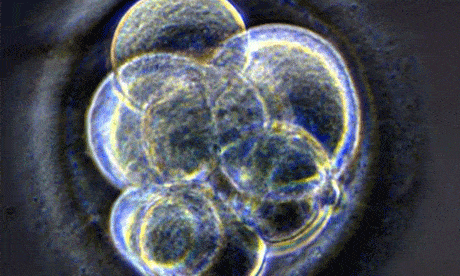This is a story that has been reported by the BBC earlier in March and refers to the creation of embryos from stem cells. It is related to the ongoing debate about research into human embryos in laboratories. The law dictates that such embryos may only be grown for a maximum of 14 days and there is debate about whether that should be changed to 28 days. See elsewhere on this website for more on this. The 14-day restrictions apply to human embryos and not mouse embryos so discoveries from the mouse embryo research could give insights into how human embryos develop.
Can Fertility Clinics Grow Human Embryos From Stem Cells?
This is the question that people may infer from the headlines and the short answer is “no”. Many people, as many as one in six couples in Britain, struggle to have their own children. Most of these people can be helped with fertility treatment and in most cases their own gametes can be used. Gamete is the term for an egg or a sperm. In some cases people cannot produce healthy eggs or sperm and, if they want to create their family, they can use gametes from egg or sperm donors. It would be wonderful if scientists could take the gamete from one parent, create a gamete from the other parent by transforming, say, a skin cell into a stem cell first, and then into a gamete. This would give hope to many couples and this is one of the objectives of much of the research but there is a long way to go before it is a reality. Many of the headlines that make the news announce important breakthroughs so we hope they continue and the research eventually leads to accepted medical practice which helps people start their families.
How Scientist Make the Embryos
The scientists in Cambridge used embryonic stem cells and extra-embryonic trophoblast stem cells, together with a 3 dimensional bio-scaffold to create artificial mouse embryos. The second group of these are necessary because they form the placenta and it is thought that a third form of stem cell, which goes on to form the yolk sac, would also be one of the necessary components before a foetus could form. Information about the relationship between the first two types is one of the key breakthroughs from this research.
Aims of Embryo Research
Many (human) embryos fail in the early days of pregnancy and it is hoped that that the current research can give insights into how early embryos develop and that this would lead, ultimately, to a fall in the miscarriage rate. A longer-term aim would be to provide gamete for wishful parents who cannot produce their own.

